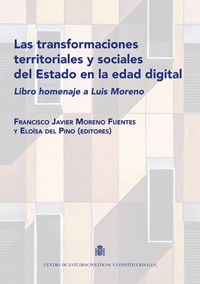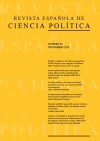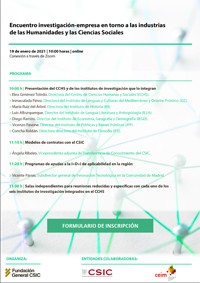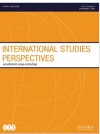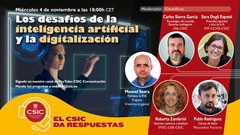Guerrero-Bote, V.P., Chinchilla-Rodríguez, Z., Mendoza, A., & Moya-Anegón, F. (2020). Comparative analysis of the bibliometric sources Dimensions and Scopus: An approach at the country and institutional levels. Frontiers in Research Metrics and Analytics
Abstract. This paper presents a large-scale document-level comparison of two major bibliographic data sources: Scopus and Dimensions. The focus is on the differences in their coverage of documents at two levels of aggregation: by country and by institution. The main goal is to analyze whether Dimensions offers as good new opportunities for bibliometric analysis at the country and institutional levels as it does at the global level. Differences in the completeness and accuracy of citation links are also studied.




